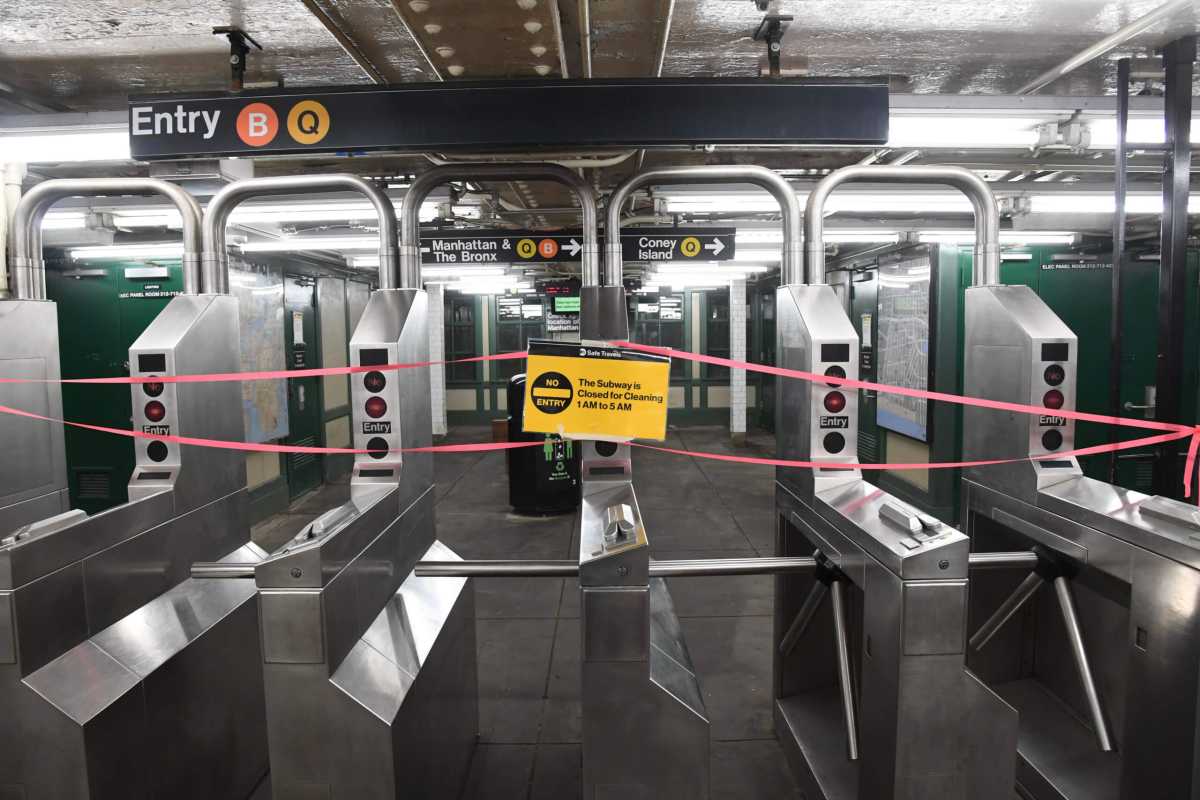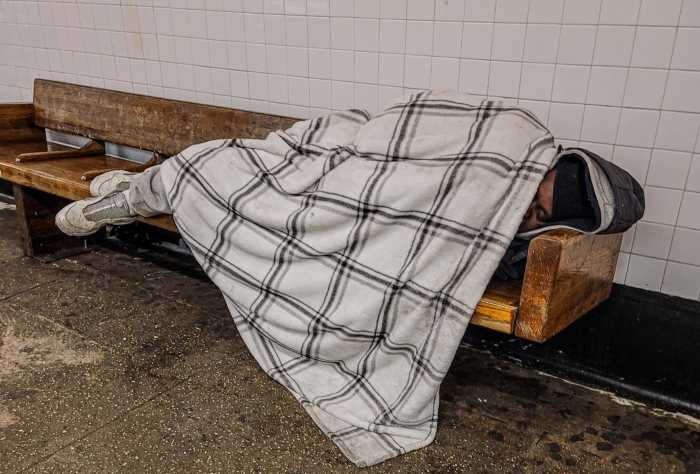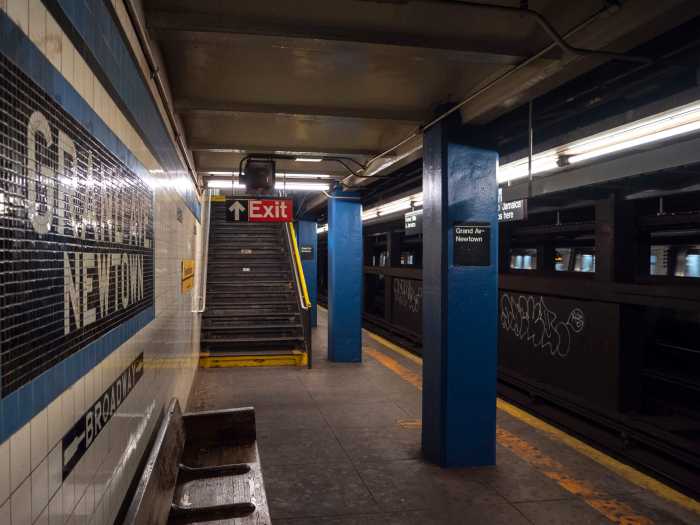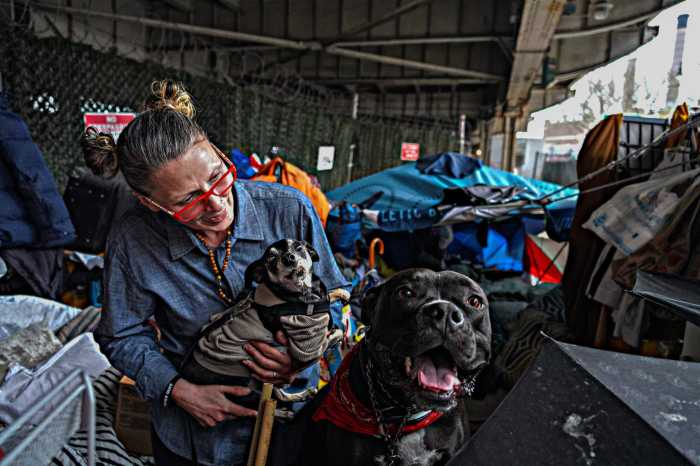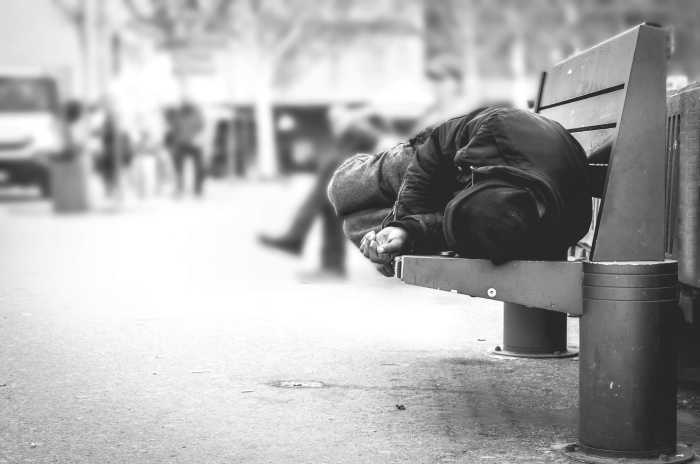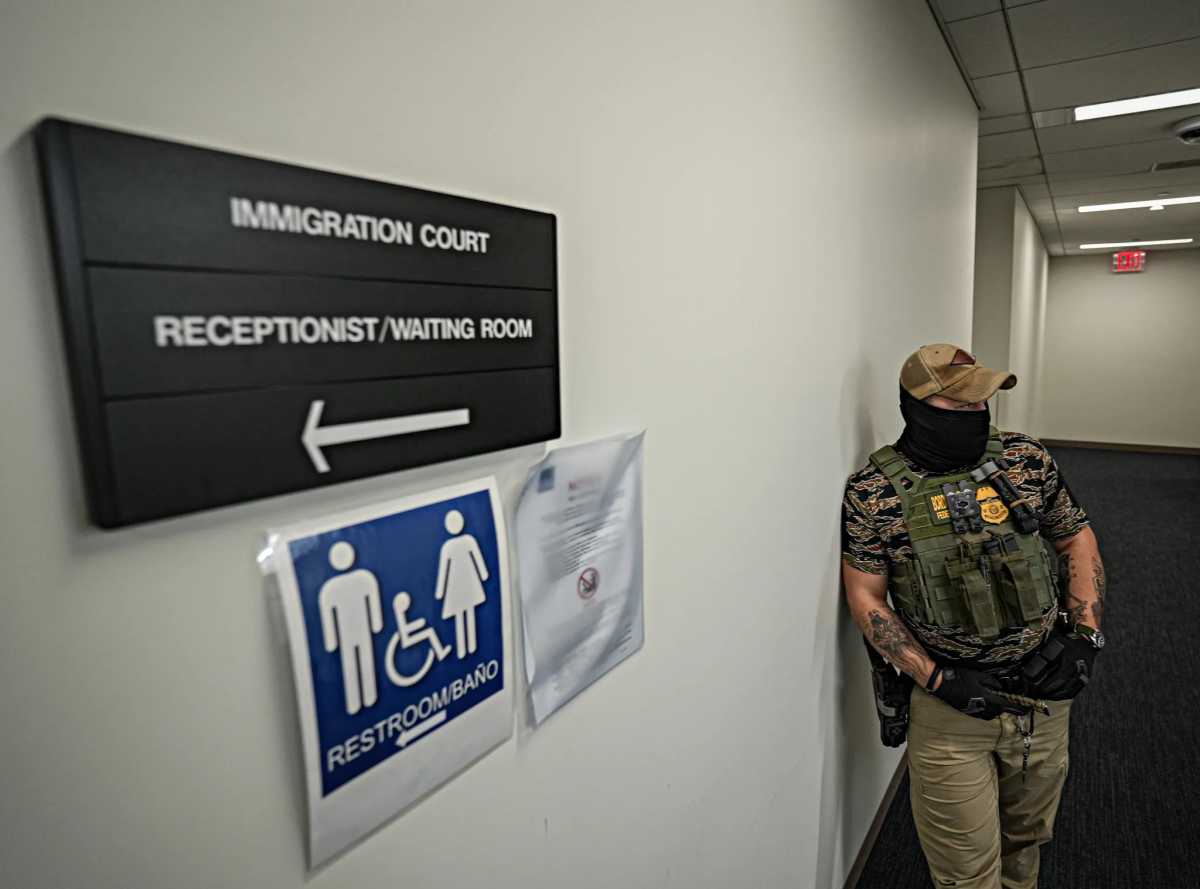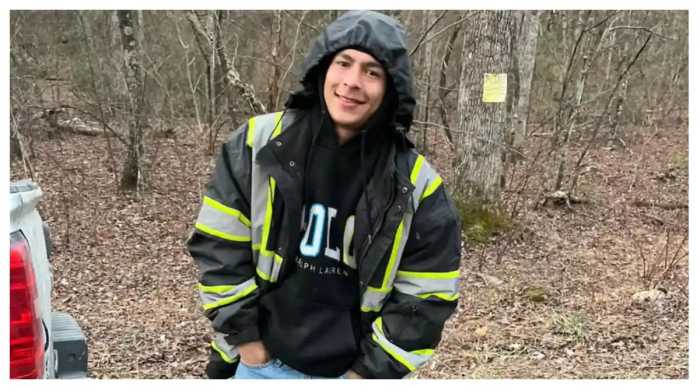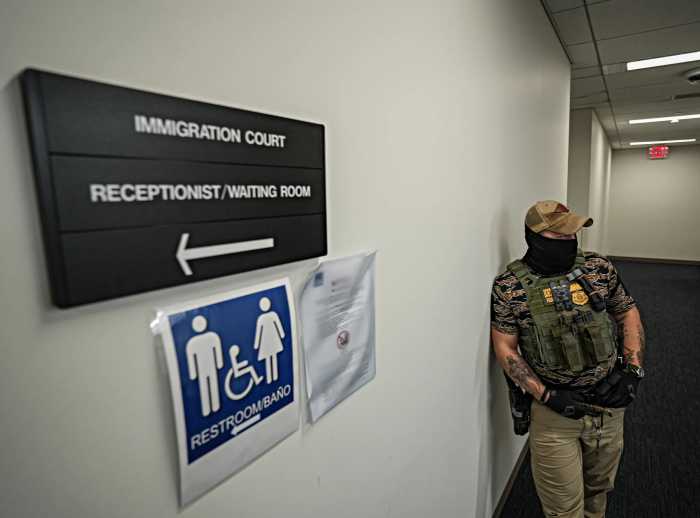The Metropolitan Transportation Authority poured almost $32 million — including nearly $20 million in overtime pay — into three “special projects” at the behest of former Governor Andrew Cuomo and transit leaders, according to a new report by the agency’s Inspector General Carolyn Pokorny.
Officials with the state-controlled MTA deployed the officers to boot homeless people from the transit system, tackle fare evasion, and enforce the subway’s unprecedented pandemic-era overnight shutdown, all while lowballing the cost of the efforts, according to the probe published Wednesday, Dec. 8, by the Office of Inspector General (OIG).
“Transparency is the cornerstone of public trust,” said Pokorny in a statement. “When future special projects arise, the MTA Police Department can help themselves, and MTA stakeholders by accurately tracking and reporting project costs.”
The audit came after MTA board members raised concerns, and reviewed MTA PD payroll between 2018-2020, which grew by 11.3% from $103.9 million to $115.6 million, along with overtime which surged by almost 21% from $27.5 million to $33.3 million as the authority hired more cops and Cuomo came up with new duties for the Boys in Blue.
In 2019 the police force had 766 sworn members tasked with patrolling Grand Central Terminal, Penn Station, the two commuter railroads, and the Staten Island Railway.
The city-controlled NYPD Transit Bureau is in charge of enforcement on the sprawling subway system.
Cuomo’s office and MTA management launched the first two new assignments in 2019, directing MTA PD to send officers into the subways to help remove people experiencing homelessness from the system by supporting outreach workers and by enforcing the transit systems Rules of Conduct, which prohibit behavior like carrying carts and “obstruction of seating.”
The state’s then-chief executive and transit leaders also started posting 110 cops at stations and on bus routes to help curb fare evasion starting in June of 2019.
MTA authorized hiring more cops in December 2019, allowing the ranks to grow to 850 in 2020, and more recent numbers the agency provided to amNewYork Metro put the tally at 1,038 as of Dec. 2.
MTA’s Bridges and Tunnels division also has an additional 461 officers of its own, as of those recent counts.
The two law enforcement groups had the lowest vaccination rates against COVID-19 out of any part of the MTA, amNewYork Metro recently revealed.
The third special project was when ex-Governor Cuomo ordered the subway’s first overnight shutdown in its 116-year history, beginning on May 6, 2020, to again remove the homeless and scrub down the trains every night amid the pandemic.
Transit leaders sent MTA PD to help ensure an orderly nightly closure, which lasted more than a year until 24-hour service resumed on May 17.
MTA PD listed the cost of these three initiatives at $19.1 million, but that only reflected the overtime expenses and the OIG estimates the force spent another $12.5 million in regular pay plus benefits, totaling $31.6 million over two years.
The law enforcement arm failed to prepare a budget or cost estimate for any of the projects before or during deployment, and expenses weren’t tracked during their execution either.
The department claimed that they didn’t have time to prepare due to the “urgent nature” of the projects, according to the report.
The OIG issued two recommendations, that the MTA PD lay out a budget for all future special projects, and that they actually track their full spending, including overtime and regular pay.
MTA Chief Safety Officer Pat Warren said MTA PD overtime has been managed “appropriately” and is an important tool for rider safety.
“We agree overtime needs to be managed appropriately — as it has been at the MTA PD — and is a vital tool used by every transportation agency in the country,” Warren said in a statement. “Overtime is a strategic and useful tool that is budgeted and provides visible officers to protect riders, help them feel safe and react to crises as they occur.”



